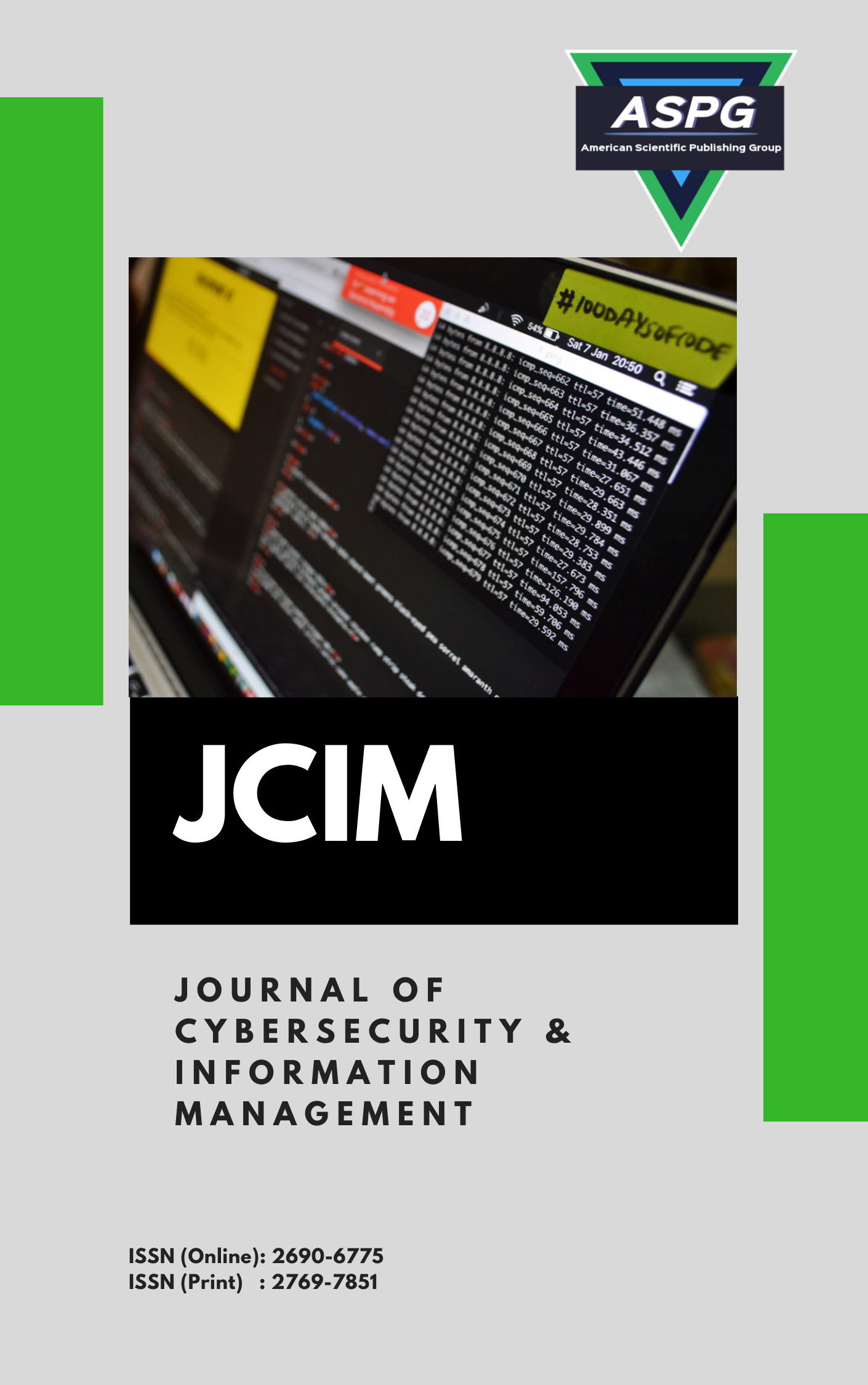

The paper aims at creating ERC-20 Token and crowd sale step-by-step with Ethereum smart contracts. In the process, it focuses on testing the smart contracts, deploying the smart contracts to the Ethereum blockchain, and building an ICO website deployed to the web for the buying and selling of the tokens. The Ethereum blockchain provides a platform for creating our cryptocurrency, or tokens that can be purchased via Ether which is the native cryptocurrency of the Ethereum blockchain. ERC-20 is a standard document that specifies the behavior of the tokens so that they are compatible with other platforms like cryptocurrency exchanges. We used Ethereum which is a blockchain like Bitcoin. We created a token called "Token" and there are 100,000,000 such tokens. Firstly, the token smart contract keeps track of some token attributes which are basic. It also keeps track of who owns "My Token" and how much. ERC-20 tokens can be used as a payment just, just like any other cryptocurrency, from one account to another. They can also be purchased in a crowd sale, like an ICO.
Read MoreDoi: https://doi.org/10.54216/JCIM.020101
Vol. 2 Issue. 1 PP. 05-12, (2020)
According to the present data 0.5% of global energy is consumed by wireless networks. Energy efficiency is required for the environment and to lower the network operational cost. In this paper, we are about to discuss various methods of energy conservation in the heterogeneous cellular network. Energy consumption is reduced by self-organization algorithm and message passing algorithm by switching off-peak Base station controllers (BSC). Along with the increasing demands for cellular networks, the various problems for energy conservation in cellular networking have also increased. There are various models present which help in increasing the energy efficiency of cellular networking such as the Novel power consumption model and refined power consumption model. Also, an increase in the higher performance of cellular networks leads to an increase in energy consumption. In this paper, we are about to discuss various challenges which are faces for increasing energy efficiency and their solution.
Read MoreDoi: https://doi.org/10.54216/JCIM.020102
Vol. 2 Issue. 1 PP. 13-19, (2020)
During the development of the software, Software Requirement Changes (SRC) often occurs. Software estimation helps in maintaining a balance between the increase and decrease of the price, time, etc. Function Point Analysis (FPA) is a software effort estimation technique used for measuring the size and complexity of software by calculating the functionality from a user's point of view. Function count focuses on what functionality is being delivered. It enables programmers to perform function point counting themselves instead of contacting an expert. An empirical study has been conducted to analyze the capability of the FPA technique. The results of the FPA-SDP (Function Point Analysis for Software Development Phase) model can help software project managers in (i) knowing the inconsistent states of software artifacts (ii) estimating the actual size of a change request with its complexity level for the software development phase.
Read MoreDoi: https://doi.org/10.54216/JCIM.020103
Vol. 2 Issue. 1 PP. 20-24, (2020)
ERP system became one of the main infrastructures for the organizations and manufacturing industry for the facilities it provides such as the integration between all the organization system which make the control of all the available resource easy, fast and controlled, implementation the ERP system is not an easy issue, many projects has been failed for many reasons; lack of knowledge, Requirements inconsistency, incompleteness and uncertainty, in this paper, a propose for a new method to solve the implementation based on the knowledge base which saves all the knowledge about the ERP system Modules and the new part developed to satisfy customers’ requirements not available in the existing modules. In the same time, this work proposed a new validation method for the proposed method to ensure its validity.
Read MoreDoi: https://doi.org/10.54216/JCIM.020104
Vol. 2 Issue. 1 PP. 25-34, (2020)